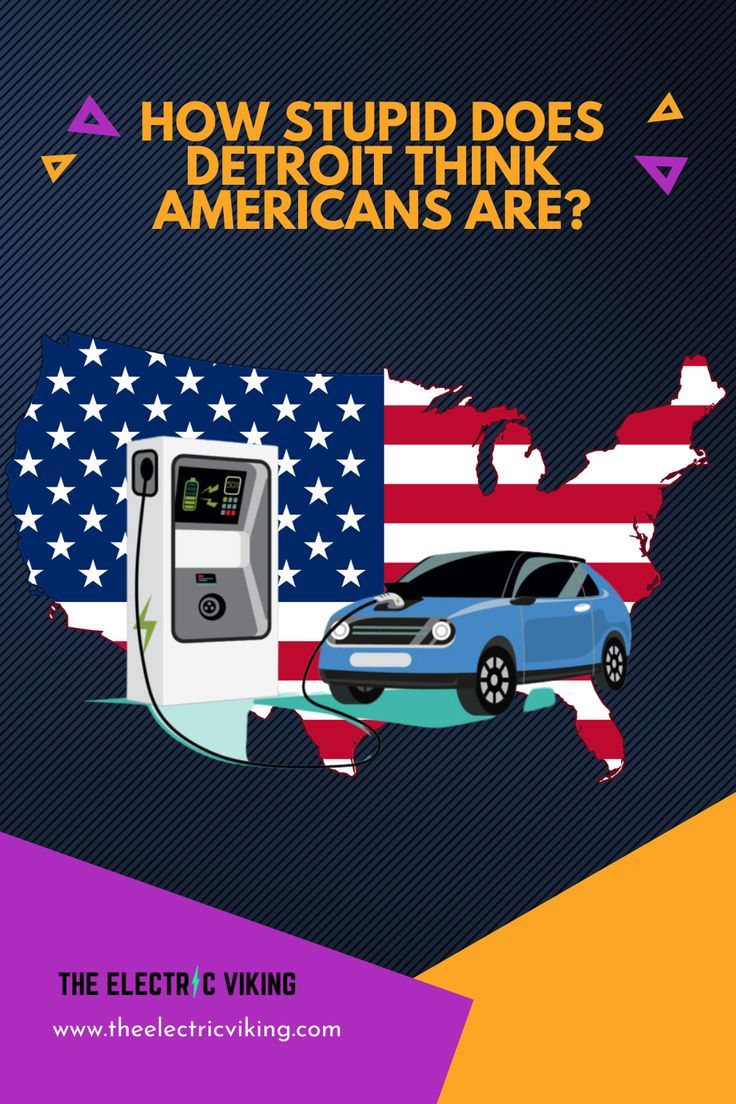EV Mandate Faces Strong Opposition From Car Dealerships

Table of Contents
High Initial Investment Costs for Dealerships
Dealerships face a steep uphill battle adapting to the EV mandate, primarily due to substantial upfront investment costs. These costs significantly impact their ability to seamlessly transition to a predominantly electric vehicle sales model.
Upgrading Infrastructure
Dealerships must invest heavily in upgrading their facilities to handle EVs effectively. This is a significant hurdle for many, especially smaller dealerships.
- Cost of installing fast chargers and Level 2 chargers: Installing the necessary charging infrastructure represents a considerable expense. The cost varies depending on the number of chargers, their power output, and the required electrical upgrades to the building. This often necessitates significant investment in electrical grid upgrades to support the increased power demand.
- Training costs for technicians on EV batteries, electric motors, and software: EVs require specialized knowledge and skills for maintenance and repair, necessitating extensive training for existing technicians. This includes learning about high-voltage systems, battery management systems, and sophisticated onboard diagnostics. The cost of training programs and acquiring specialized tools adds to the financial burden.
- Investment in new tools and diagnostic equipment: Diagnosing and repairing EVs requires specialized tools and diagnostic equipment, which are often expensive and require ongoing updates to keep pace with technological advancements.
- Modifications needed for service bays to handle high-voltage systems: Service bays need modifications to ensure the safety of technicians working on high-voltage systems. This includes safety training, specialized tools, and potentially the installation of safety equipment to isolate high-voltage components.
Inventory Management Challenges
The transition to EVs also presents significant inventory management challenges. The nature of EV components differs greatly from traditional gasoline vehicles, leading to logistical and financial complexities.
- Need for specialized storage for EV batteries: EV batteries require specific storage conditions to maintain their performance and safety. This may involve specialized climate-controlled storage facilities, adding to storage and insurance costs.
- Higher transportation costs for bulky EV batteries and components: EV batteries and components are often larger and heavier than their gasoline counterparts, increasing transportation costs. This impacts both the delivery of new vehicles to the dealership and the shipment of parts for repair and maintenance.
- Increased risk of obsolescence due to rapid technological advancements in EV technology: The rapid pace of innovation in EV technology means that inventory can quickly become obsolete, leading to potential losses for dealerships.
Consumer Demand and Market Readiness Concerns
While the EV mandate pushes for electric vehicle adoption, consumer demand and market readiness lag behind. Several factors contribute to this discrepancy, presenting challenges for dealerships.
Limited Consumer Awareness and Acceptance
Consumer hesitancy towards EVs remains a significant barrier to widespread adoption, impacting dealership sales.
- Lack of public charging stations in many areas: Range anxiety remains a primary concern for potential EV buyers, especially in areas with limited public charging infrastructure. The lack of convenient charging options hinders adoption.
- Concerns about charging time and convenience: The charging time for EVs is significantly longer than refueling a gasoline car, which is a deterrent for some consumers. The convenience factor also plays a significant role; consumers are used to the quick and readily available refueling process at gas stations.
- High upfront cost of EVs compared to gasoline-powered vehicles: The higher initial purchase price of EVs compared to gasoline-powered vehicles is a substantial barrier for many consumers, particularly those on a budget.
Uncertainty Regarding Future Regulations and Government Incentives
The constantly evolving landscape of government regulations and incentives surrounding EVs creates uncertainty for dealerships.
- Changes in tax credits and subsidies for EV purchases: Frequent changes in tax credits and subsidies can affect consumer demand and dealership sales, making it challenging to predict future demand.
- Uncertainties surrounding future emissions standards and mandates: Uncertainty around future emissions standards and mandates makes it difficult for dealerships to plan their long-term investments in EVs.
- Variations in EV regulations across different regions and states: The variation in EV regulations across different regions and states creates complexities for dealerships operating in multiple locations.
Impact on Dealership Profitability and Employment
The transition to EVs significantly impacts dealership profitability and could lead to job losses.
Reduced Profit Margins on EVs
Dealerships often report lower profit margins on EVs compared to gasoline-powered vehicles.
- Lower service revenue from EVs due to simpler mechanical components: EVs have fewer moving parts than gasoline vehicles, leading to less frequent and less complex maintenance, resulting in lower service revenue for dealerships.
- Increased competition from direct-to-consumer EV brands: The entry of direct-to-consumer EV brands further intensifies competition, potentially squeezing profit margins.
- Price wars among dealerships selling EVs: Increased competition can also lead to price wars among dealerships, impacting profitability.
Potential Job Losses in the Automotive Industry
The shift to EVs necessitates changes in skill sets, which could result in job displacement.
- Need for retraining of existing technicians: Existing technicians need retraining to acquire the skills necessary to service and repair EVs.
- Potential job displacement for mechanics specializing in internal combustion engines: The decline in gasoline-powered vehicles could result in reduced demand for mechanics specializing in internal combustion engines.
- Impact on overall employment within the dealership network: The combined effects of reduced profit margins and potential job displacement could lead to overall employment reductions within the dealership network.
Conclusion
The implementation of EV mandates presents significant challenges for car dealerships. From the high initial investment costs associated with infrastructure upgrades and inventory management to the uncertainties surrounding consumer demand, market readiness, and potential job losses, the transition to EVs requires a collaborative and strategic approach. Ignoring the opposition to the EV mandate risks hindering the wider adoption of electric vehicles. A proactive strategy that addresses the specific concerns of car dealerships, through financial support, training programs, and clear, consistent government policies, is vital for a successful transition to a cleaner transportation future and the long-term health of the automotive industry. We must consider not just the EV mandate itself, but its impact on the entire automotive ecosystem.

Featured Posts
-
 Accidental Reveal Selena Gomez And Benny Blancos Private Life
May 11, 2025
Accidental Reveal Selena Gomez And Benny Blancos Private Life
May 11, 2025 -
 Rahal Letterman Lanigan Racings 2025 Indy Car Season Prospects
May 11, 2025
Rahal Letterman Lanigan Racings 2025 Indy Car Season Prospects
May 11, 2025 -
 The Untold Story Of Sylvester Stallone And Dolly Partons Failed Musical Project
May 11, 2025
The Untold Story Of Sylvester Stallone And Dolly Partons Failed Musical Project
May 11, 2025 -
 Smith Mountain Lake Bass Tournament B And W Trailer Hitches Heavy Hitters All Star Event 100 K Prize
May 11, 2025
Smith Mountain Lake Bass Tournament B And W Trailer Hitches Heavy Hitters All Star Event 100 K Prize
May 11, 2025 -
 Wildfire Betting Exploring The Ethics And Implications Of La Fire Wagers
May 11, 2025
Wildfire Betting Exploring The Ethics And Implications Of La Fire Wagers
May 11, 2025
